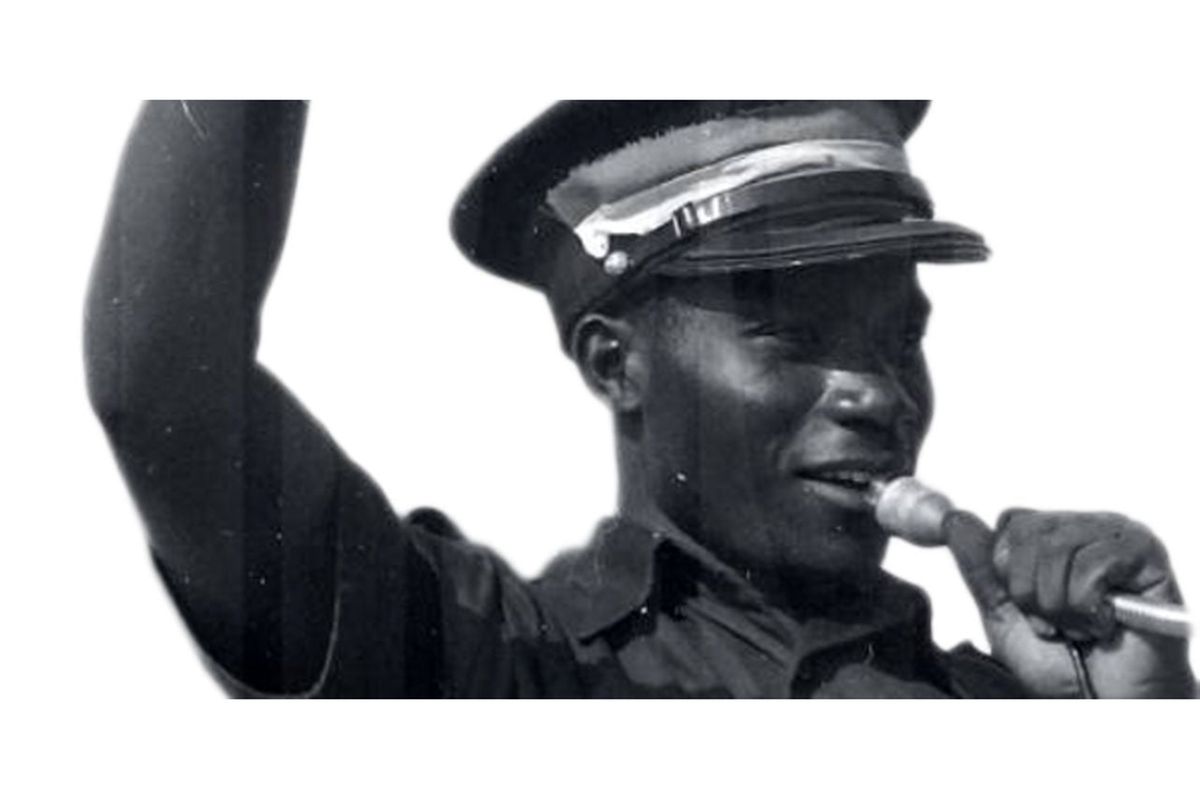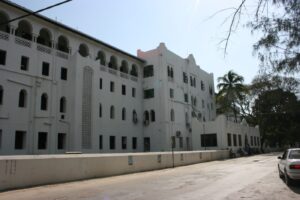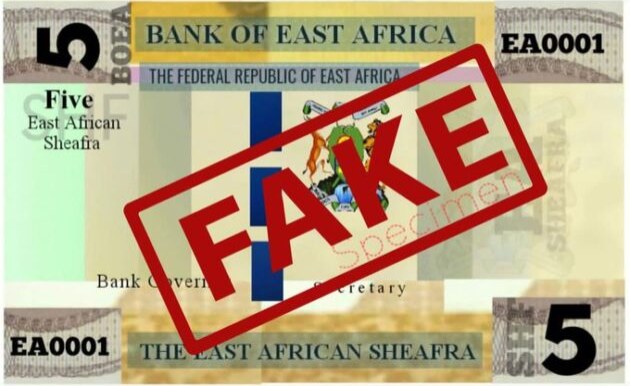Born on October 6, 1937, John Gideon Okello left home in then Lango District in northern Uganda in December 1952 aged 15 and travelled towards eastern Uganda where he worked briefly. He crossed into Kenya in July 1954.
And on June 21, 1959, Okello set off from Mombasa to Pemba where he immediately got involved in the island politics. Four years later, Okello, then 26, led the masses of Zanzibar in a revolution that overthrew the sultanate regime that had ruled the country with an iron fist since 1858. He ruled the island until March 1964 when he was expelled from the country.
Forming government
According to Okello’s book Revolution in Zanzibar, after overthrowing the Sultan, Okello immediately formed the government and invited Sheikh Abeid Karume, the leader of Afro Shiraz Party, and appointed him president.
He also invited the leader of the Umma Party, Abdullaraham Muhamad Babu, and appointed him minister of External Affairs. The two had been exiled to Dar es Salaam by the sultan regime. The two returned on a government plane and were escorted to Okello’s office by soldiers singing ‘Uhuru na Jamhuri”.
Okello, together with the two, went to the broadcasting station where he introduced Karume as the president of the republic and requested that all attention be given to his words.
Mr Karume began by saying: “I am pleased and delighted to have this opportunity to speak to you publically in our newly freed island. As president of the republic, I promise to serve you faithfully and to the full extent of your need…”
“I want you to work in unity and to obey Field Marshal as we would to any person born on this island without any form of discrimination. Without his wisdom and courage, none of us would be where we are at present. Field Marshal John Okello’s activities show that he is a man born with African liberation in his heart and we on the island are lucky to have had him achieve our freedom quicker.”
Okello says following Karume’s broadcast, he (Karume) asked to meet him privately. The cabinet ministers retired, leaving Okello and Karume behind the closed doors. Karume started by thanking Okello and asked him the kind of salary he expected.
“I must tell you that my main concern has always been for the welfare of my brother Africans. My intention on this island has already been achieved – freedom. And I don’t think I want anything other than that. My salary as I see it, is freedom for the oppressed,” Okello writes in his self-published book.
Okello adds that following this meeting, they became like twins and they met frequently for discussions. He never suspected any difference to come between them, and anyone who saw the events on the island at the time would not have expected it either.
The government functioned smoothly for the next few days and Okello says he was of the opinion that his colleagues shared his views and harboured nothing against him since he treated the power he had respectfully.
However, he says he soon sensed that certain politicians were planning to remove him from power. He says he suspected a number of reasons for this.
First, he was not an indigenous Zanzibari and he was a Christian. The people, according to Okello, were jealous of his fame and popularity and feared he would remain the most powerful person on the island.
The plot begins
On January 24, 1964, Okello says he received an unsigned letter written in Swahili:
“Field Marshal John Okello, your behaviour is inconsistent with the requirements of the indigenous people. You are the only person boasting of having all the power in the revolutionary government. You must realise that you do not belong to the Muslim religion and you are leading Muslims even though you are a Christian,” the letter read.
“Also, your activities led to the death of so many people on this island, most of whom were Muslims. So start counting your days, for time will come when Muslims will unite against you to expel you from this island. We still have Babu, our hopes are not yet ended. Even Karume in the form of a Black man is nothing.”
Okello says in his book that this letter did not upset him since he suspected it to have come from the Zanzibar National Party Arabs.
On February 8, Okello says another letter was sent stating: “Field Marshal John Okello, we are telling you that you will not last forever on this island. You will soon find yourself outside and will not be able to return. Remember Karume himself is a Muslim and you may be certain he loved the Muslims killed during the revolution more than he loves you.”
“So long as Babu is still alive, you must know that the seats and positions you are now denying the Arabs are well reserved. In future, Arabs will man all key posts in the army, police, prison, customs and other departments. You may think you are strong but those whom you now trust will turn against you. We shall defeat you and your followers and you shall be expelled and not even those of the calibre of [Ugandan Prime Minister Milton] Obote, [Kenyan president Jomo] Kenyatta and [Tanzanian president Julius] Nyerere will accept you or your slogan about freedom.”
Okello says the next ominous sign came on February 16 in the Revolutionary Council meeting when one of the youth wingers whom he had appointed in the council made some disparaging remarks about him in particular and Africans who were born on the mainland. He says he immediately concluded that secret meetings of Zanzibari Africans had been held.
In spite of having power to imprison anyone without question, Okello says he did not care for the “tit for tat” policy and allowed his opponents to speak their minds freely.
After this meeting, Okello says he went to Pemba Island for a routine inspection but when he returned, he discovered that one of his close associates, a Kenyan-born policeman who held the rank of captain, had been expelled without consulting him.
Amid growing hostilities to the mainland Africans on the Island, he says a Kenyan-born policeman informed him that his (Okello’s) future in the island was not promising.
The man alleged that he had heard a revolutionary council member telling an Arab girl one evening while on patrol that, “Field Marshal John Okello is a strange and clever man and it won’t be easy to kill him. But we shall use other means to at least drive him from the island. If our president’s plans works out well, there won’t be any resistance at all.”
Following this, Okello writes that he engaged a number of people to investigate the extent of hostilities directed towards him. It turned out that a powerful group, led by president Karume, was conspiring to drive him from the island.
Although he still had all the power to arrest and imprison anyone on the island, including president Karume himself, such an act would have contradicted his aim in organising and leading the revolution.
He instead opted to go to the mainland to meet the East African heads of government and to inform them of Karume’s intrigues and possible negative outcome of the events in Zanzibar.
Trip to mainland
When Field Marshal Okello led the 1964 Zanzibar Revolution that overthrew sultan’s government, he was welcomed as a hero by the masses not only in Zanzibar but throughout East Africa.
However, leaders of East Africa at the time – Milton Obote, Jomo Kenyatta and Julius Nyerere – perhaps viewed him differently.
He was seen as a potential problem to their newly established governments in the region. He was a new threat whom the East African leaders could tolerate at their own peril.
Tomorrow, read about Field Marshal Okello’s meeting with Milton Obote, Jomo Kenyatta and Julius Nyerere.














